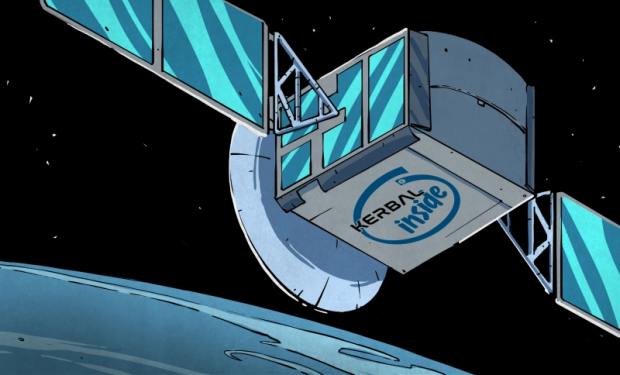
Breaking News
 "The World Is in Peril": AI Researcher Resigns and Issues Warning for Humanity
"The World Is in Peril": AI Researcher Resigns and Issues Warning for Humanity
 President Obama declares aliens are REAL as he gives inside track on Area 51
President Obama declares aliens are REAL as he gives inside track on Area 51
 Epstein survivor breaks down in tears as she recounts thinking she was 'going to die'...
Epstein survivor breaks down in tears as she recounts thinking she was 'going to die'...
 Biggest Correction Ever? Silver's Violent Smashdown, and Why the Bull Survives
Biggest Correction Ever? Silver's Violent Smashdown, and Why the Bull Survives
Top Tech News
 New Spray-on Powder Instantly Seals Life-Threatening Wounds in Battle or During Disasters
New Spray-on Powder Instantly Seals Life-Threatening Wounds in Battle or During Disasters
 AI-enhanced stethoscope excels at listening to our hearts
AI-enhanced stethoscope excels at listening to our hearts
 Flame-treated sunscreen keeps the zinc but cuts the smeary white look
Flame-treated sunscreen keeps the zinc but cuts the smeary white look
 Display hub adds three more screens powered through single USB port
Display hub adds three more screens powered through single USB port
 We Finally Know How Fast The Tesla Semi Will Charge: Very, Very Fast
We Finally Know How Fast The Tesla Semi Will Charge: Very, Very Fast
 Drone-launching underwater drone hitches a ride on ship and sub hulls
Drone-launching underwater drone hitches a ride on ship and sub hulls
 Humanoid Robots Get "Brains" As Dual-Use Fears Mount
Humanoid Robots Get "Brains" As Dual-Use Fears Mount
 SpaceX Authorized to Increase High Speed Internet Download Speeds 5X Through 2026
SpaceX Authorized to Increase High Speed Internet Download Speeds 5X Through 2026
 Space AI is the Key to the Technological Singularity
Space AI is the Key to the Technological Singularity
 Velocitor X-1 eVTOL could be beating the traffic in just a year
Velocitor X-1 eVTOL could be beating the traffic in just a year
A Look Back On A Decade Of Kerbal Space Program

Until that point the company had only developed websites and multi-media installations. Kerbal wasn't even an official company initiative, it started as a side project by one of their employees, Felipe Falanghe. The sandbox game allowed players to cobble together rockets from an inventory of modular components and attempt to put them into orbit around the planet Kerbin. It was immediately addictive.
There was no story to follow, or enemies to battle. The closest thing to a score counter was the altimeter that showed how far your craft was above the planet's surface, and the only way to "win" was to put its little green occupant, the titular Kerbal, back on the ground in one piece. The game's challenge came not from puzzles or scripted events, but from the game's accurate (if slightly simplified) application of orbital mechanics and Newtonian dynamics. Building a rocket and getting it into orbit in KSP isn't difficult because the developers baked some arbitrary limitations into their virtual world; the game is hard for the same reasons putting a rocket into orbit around the Earth is hard.



